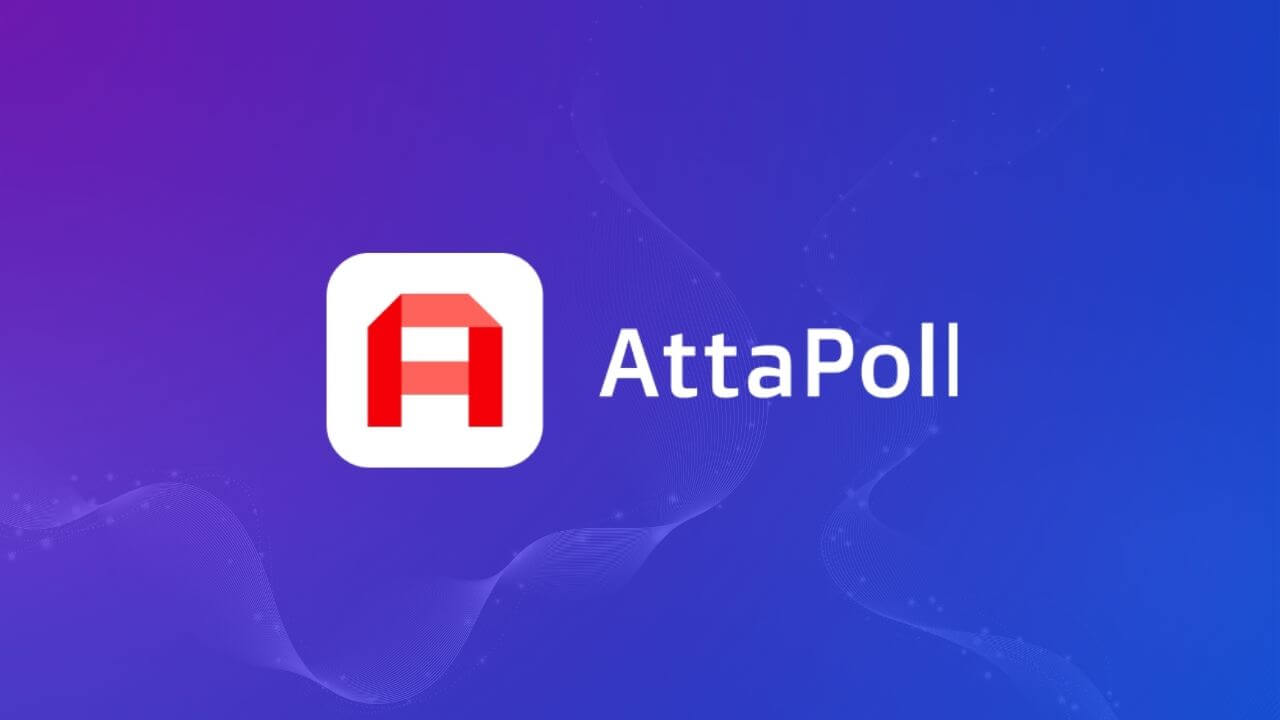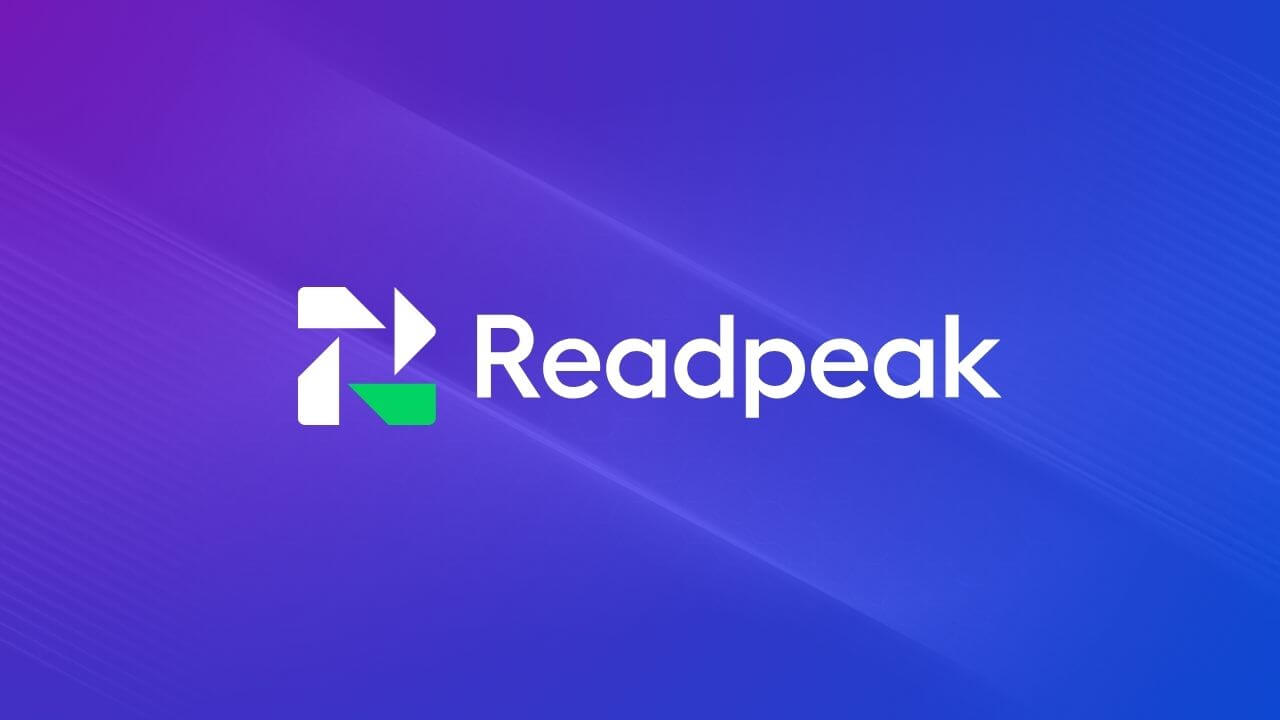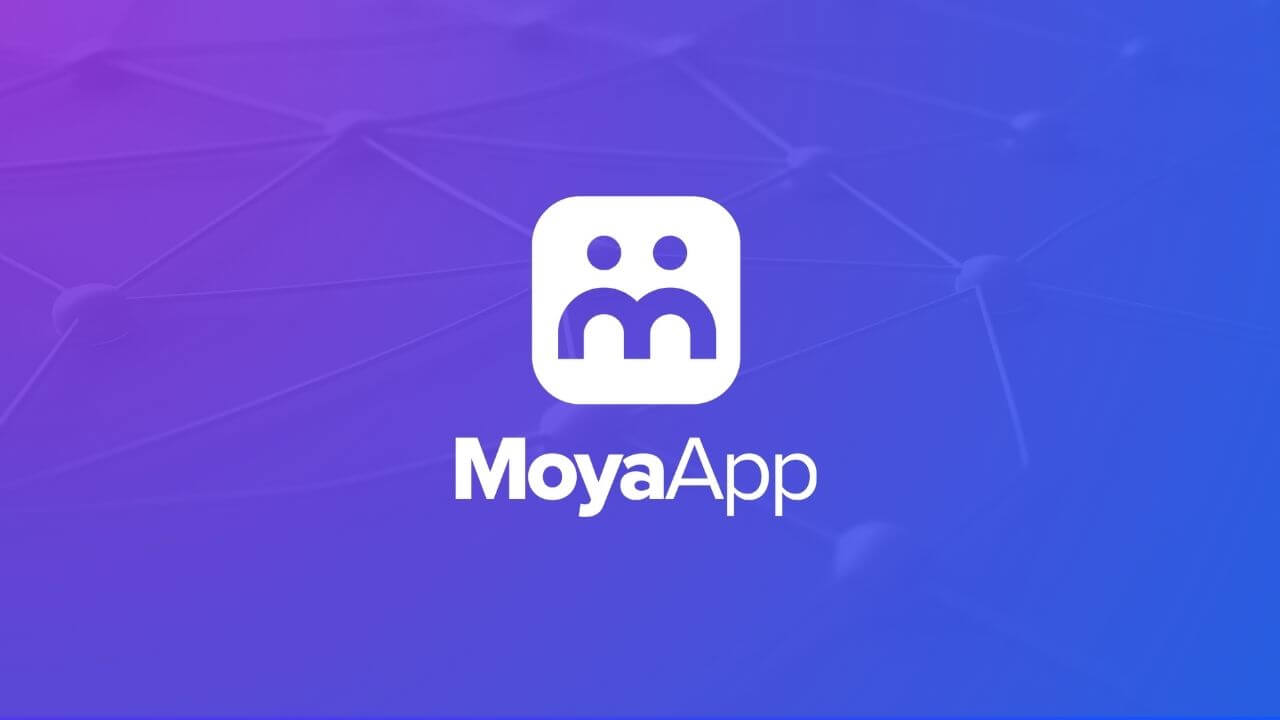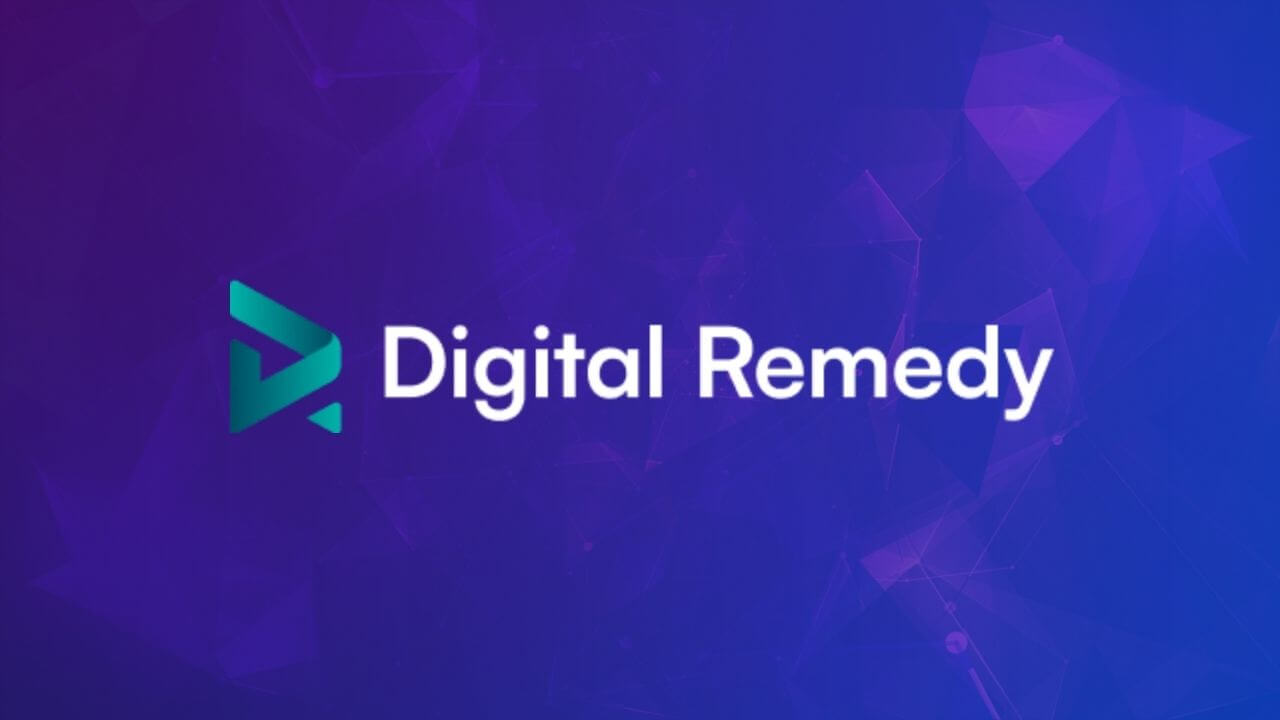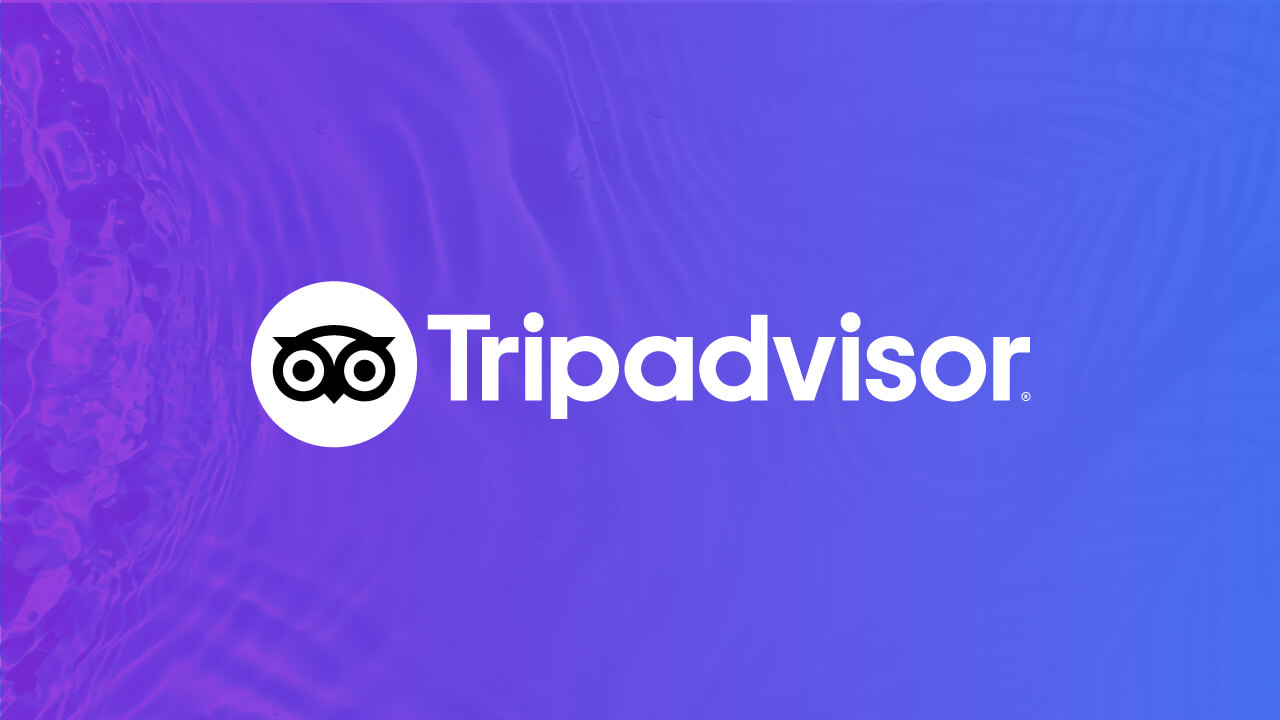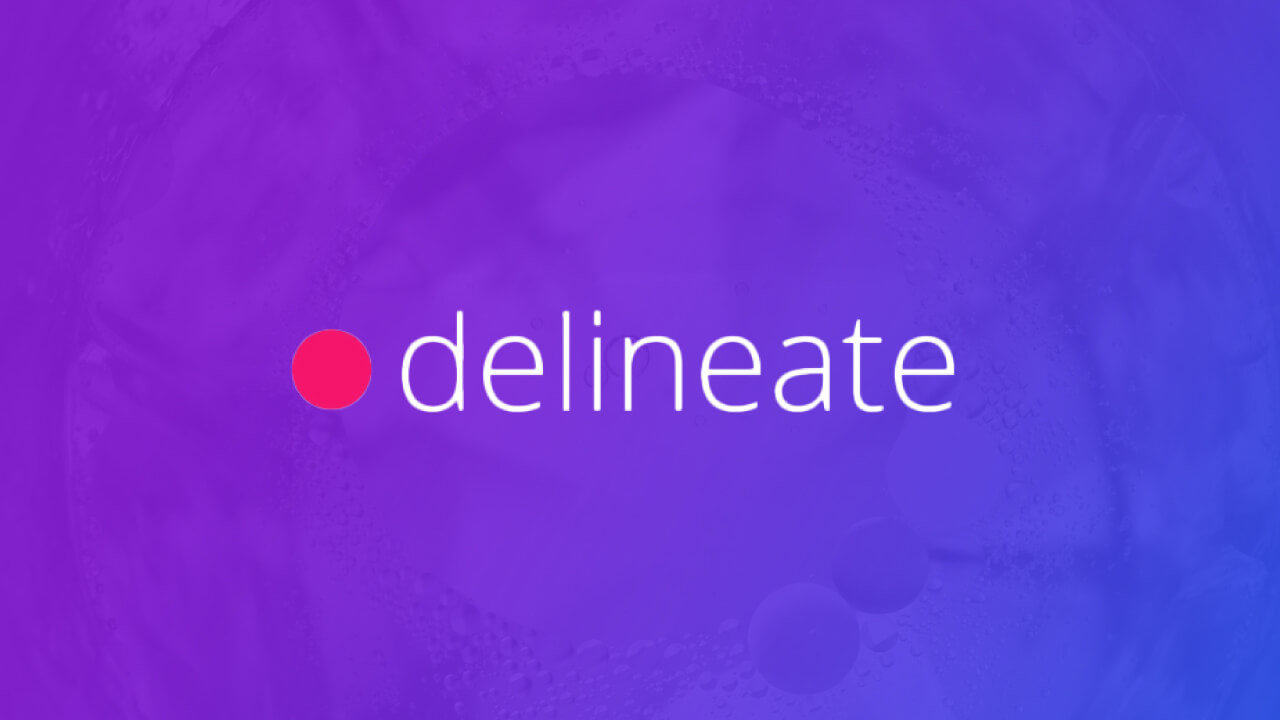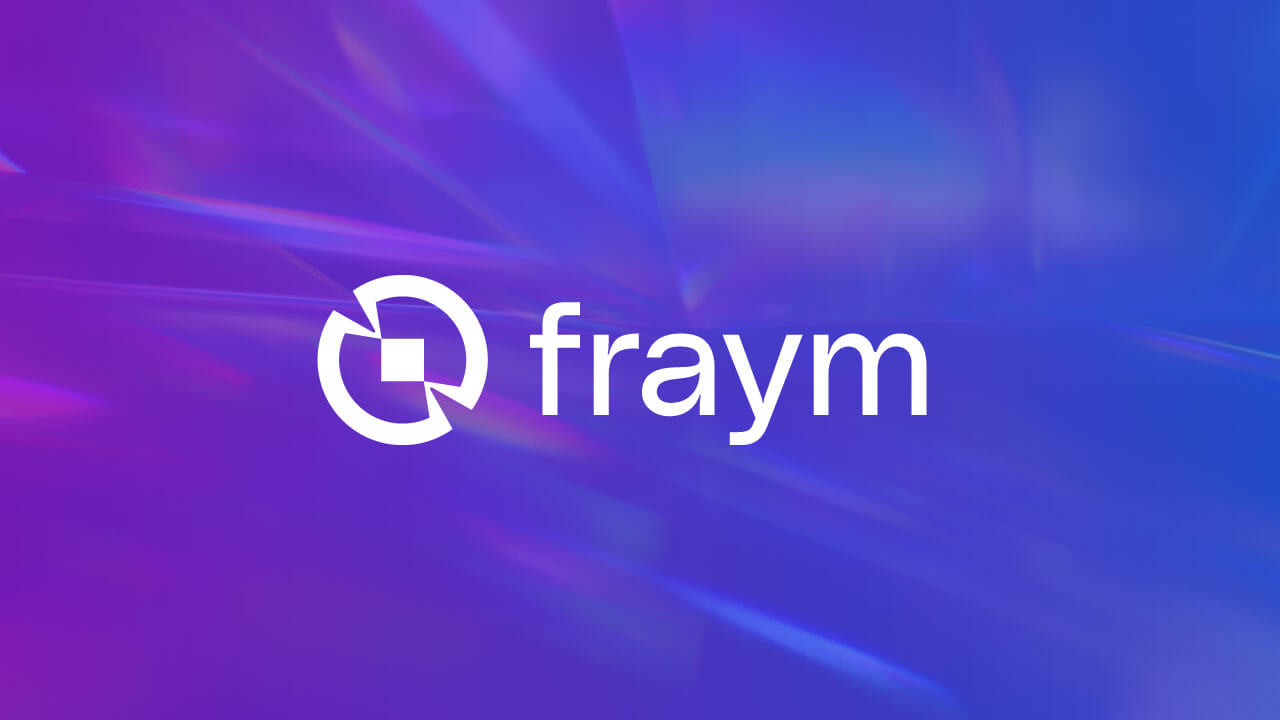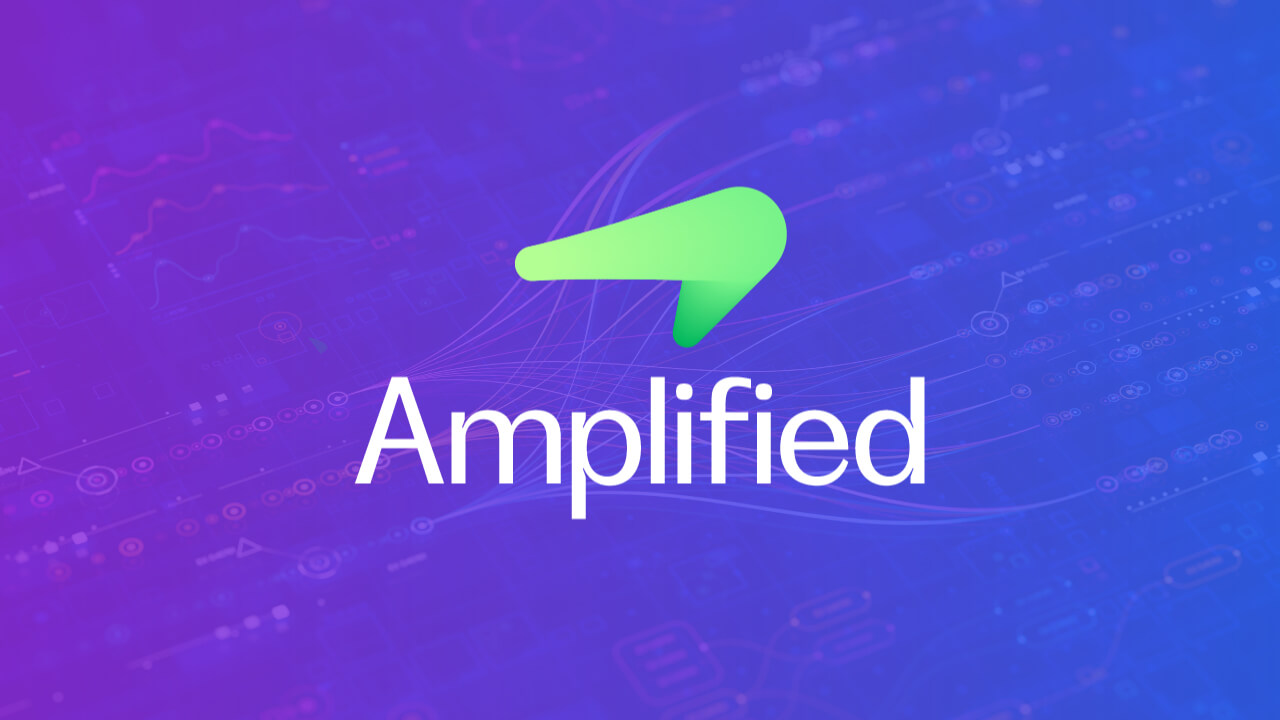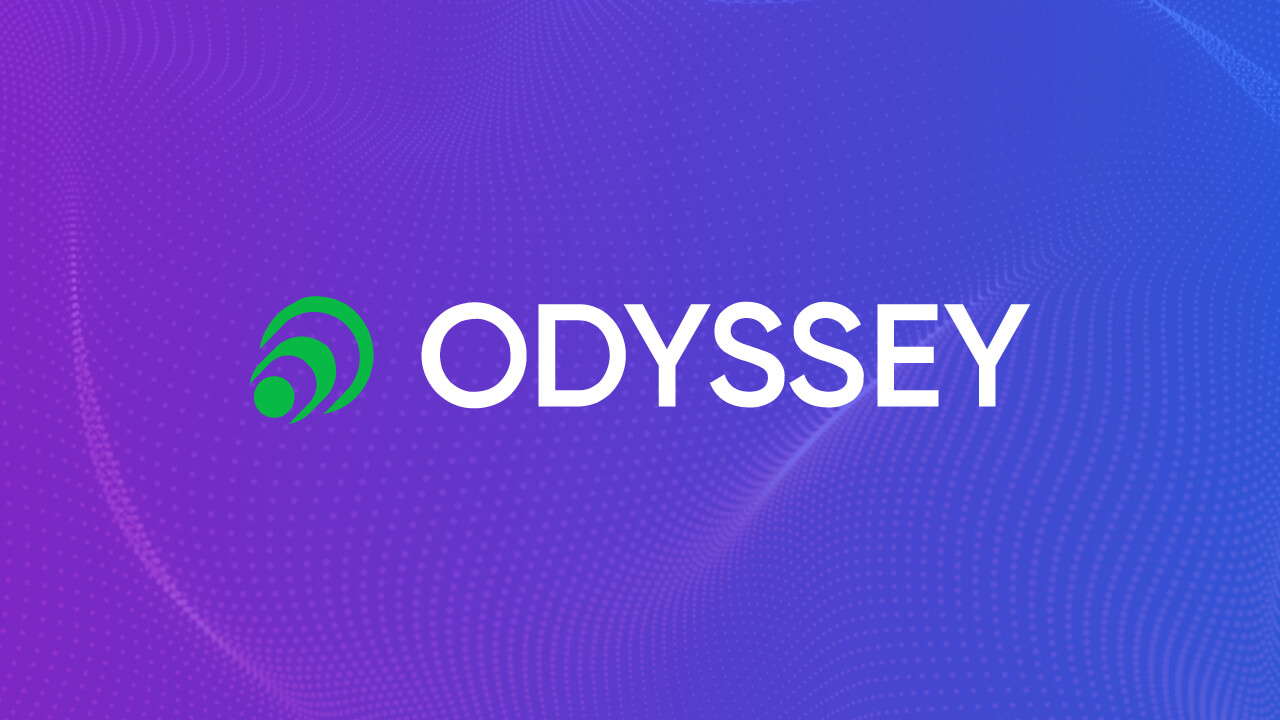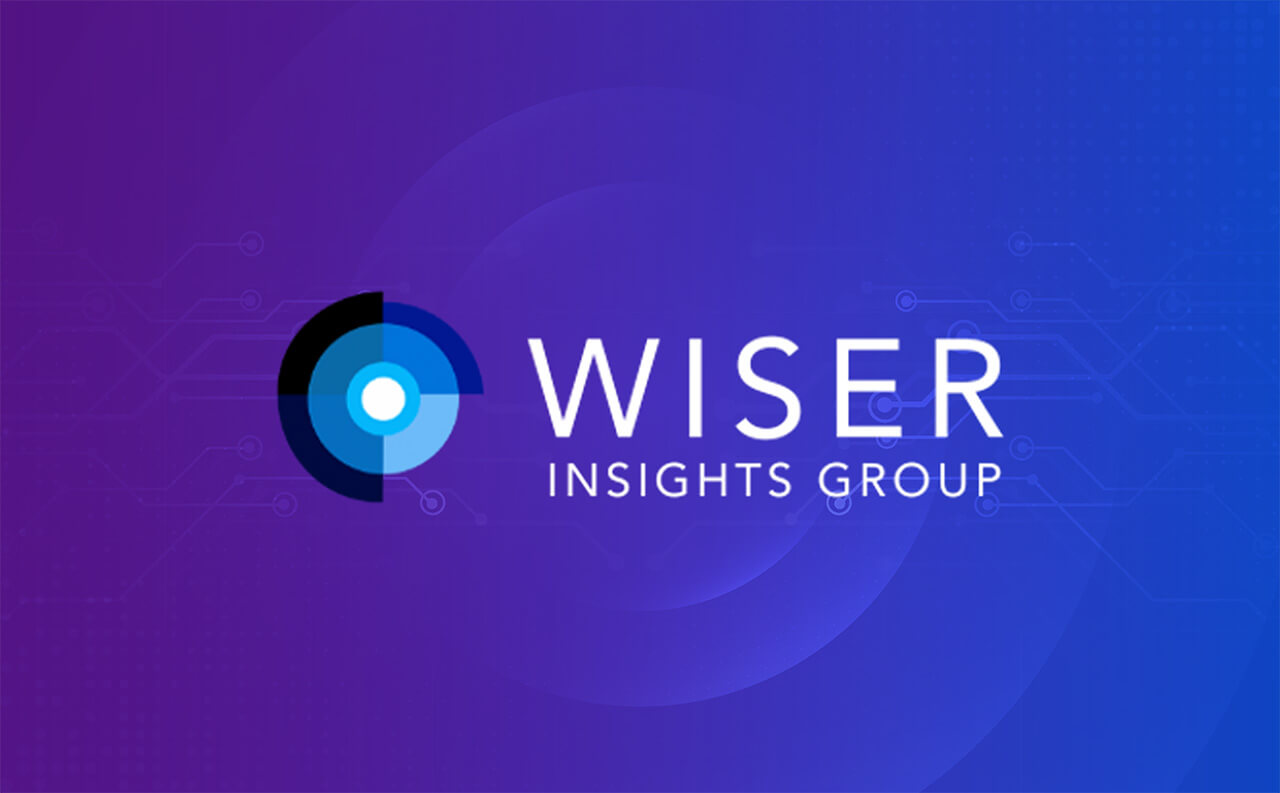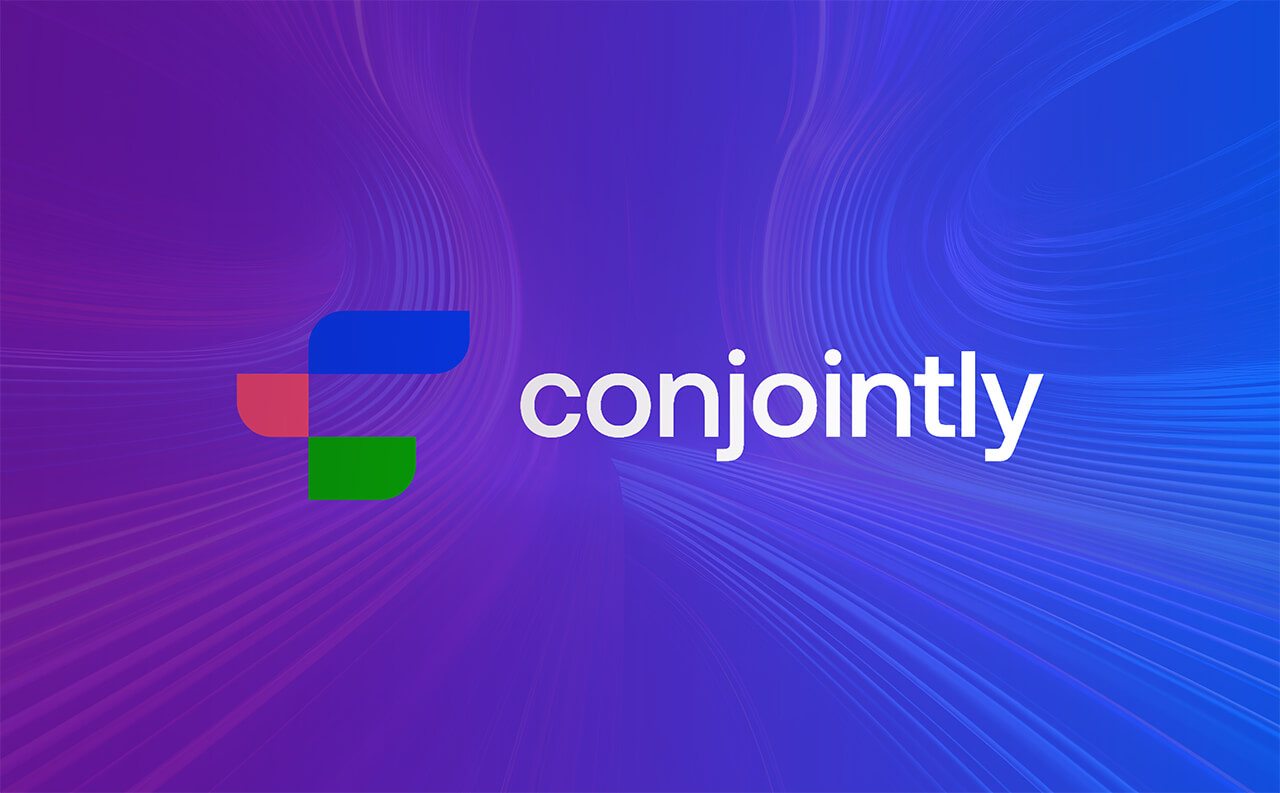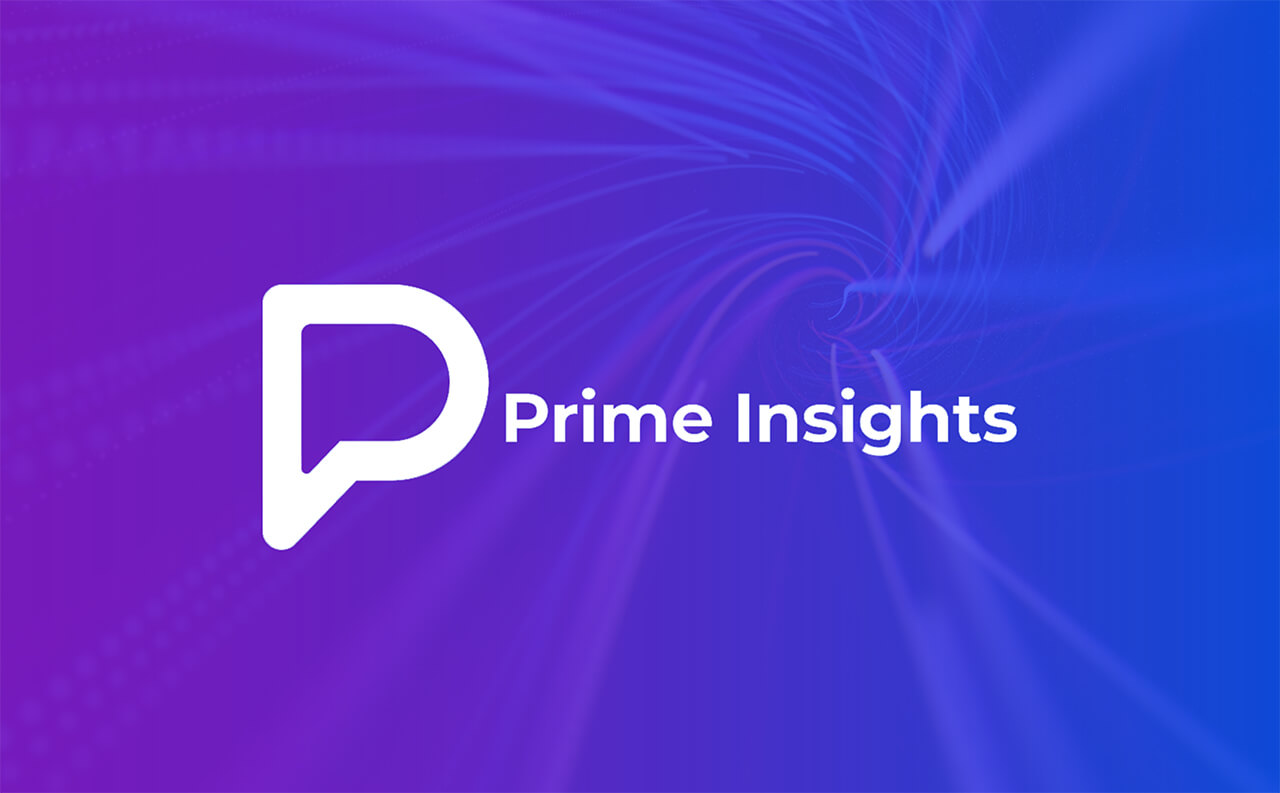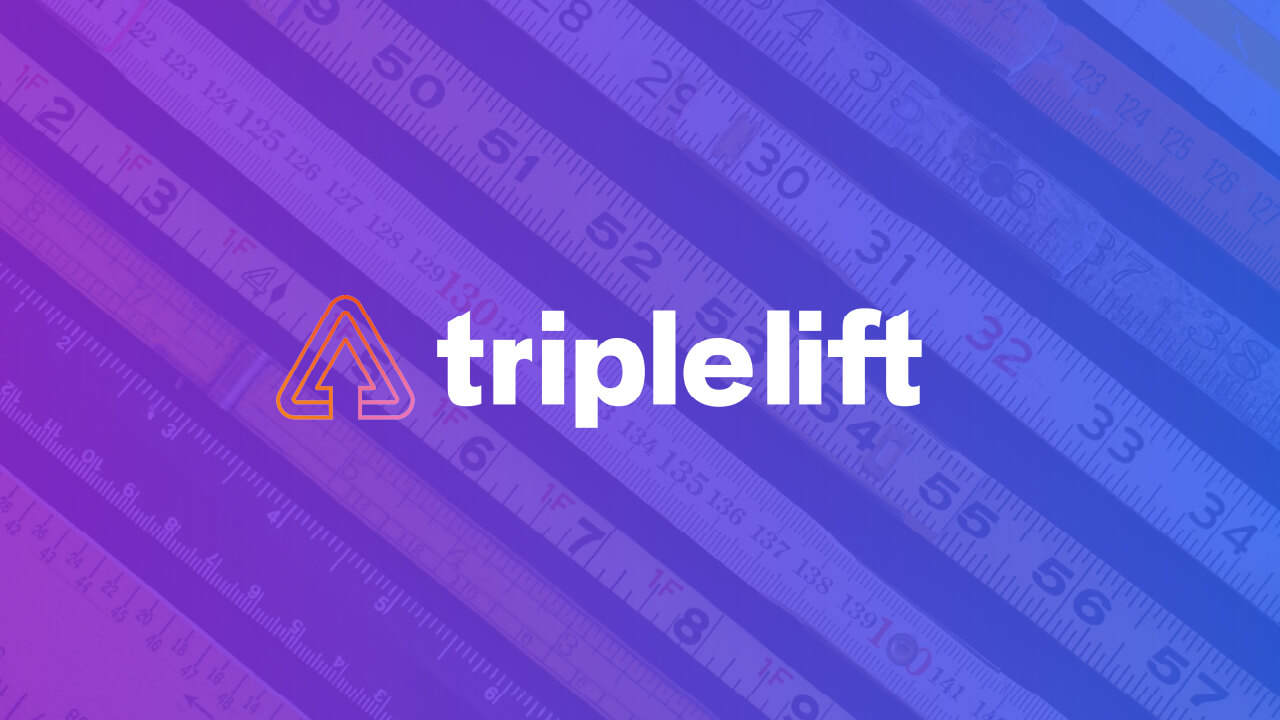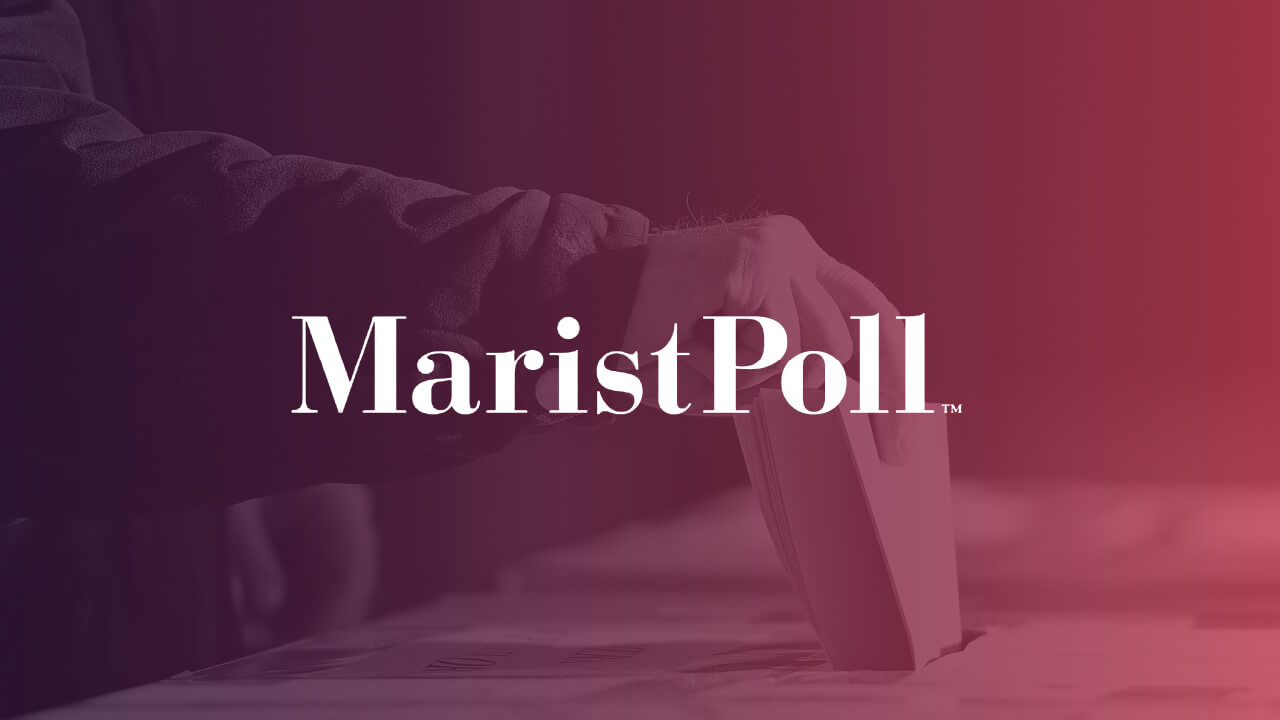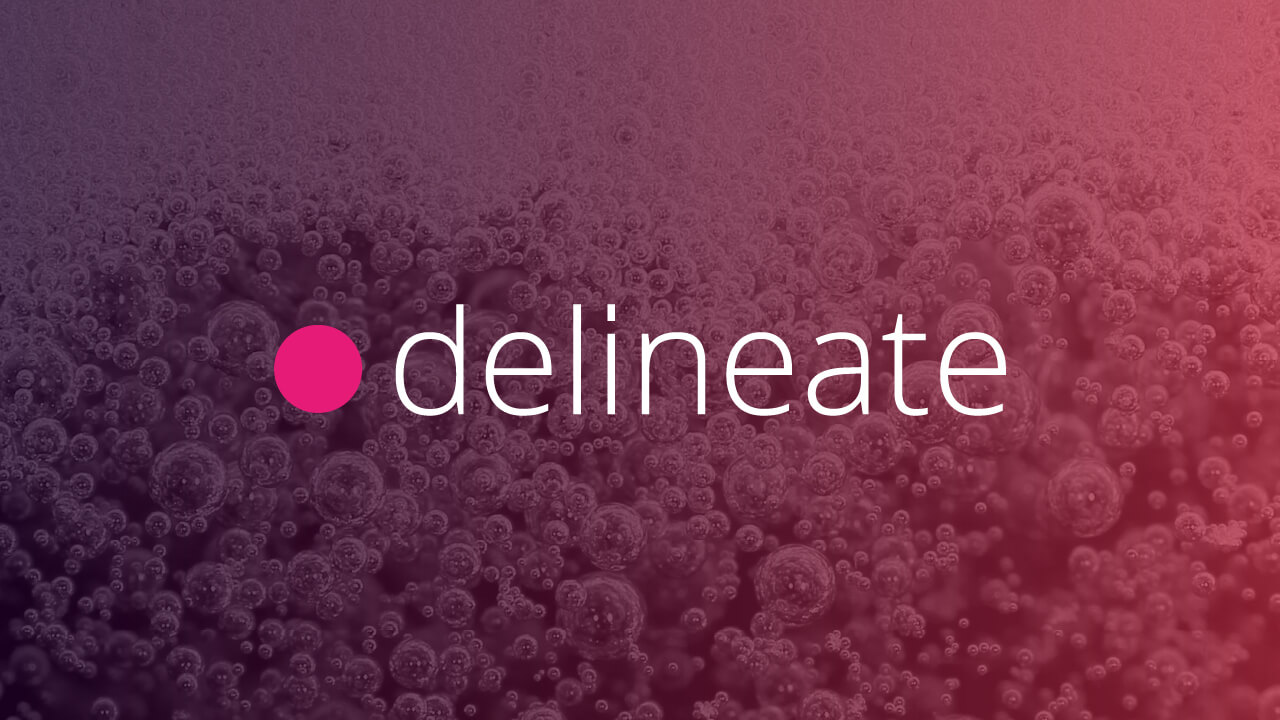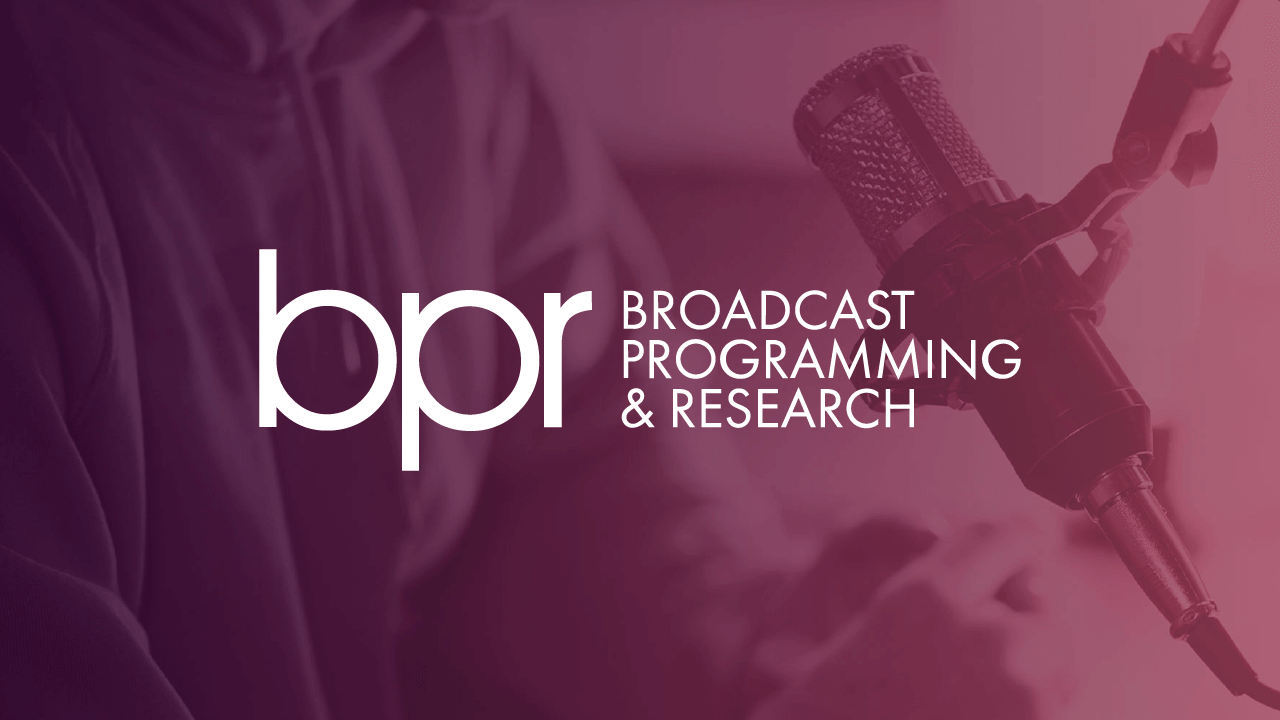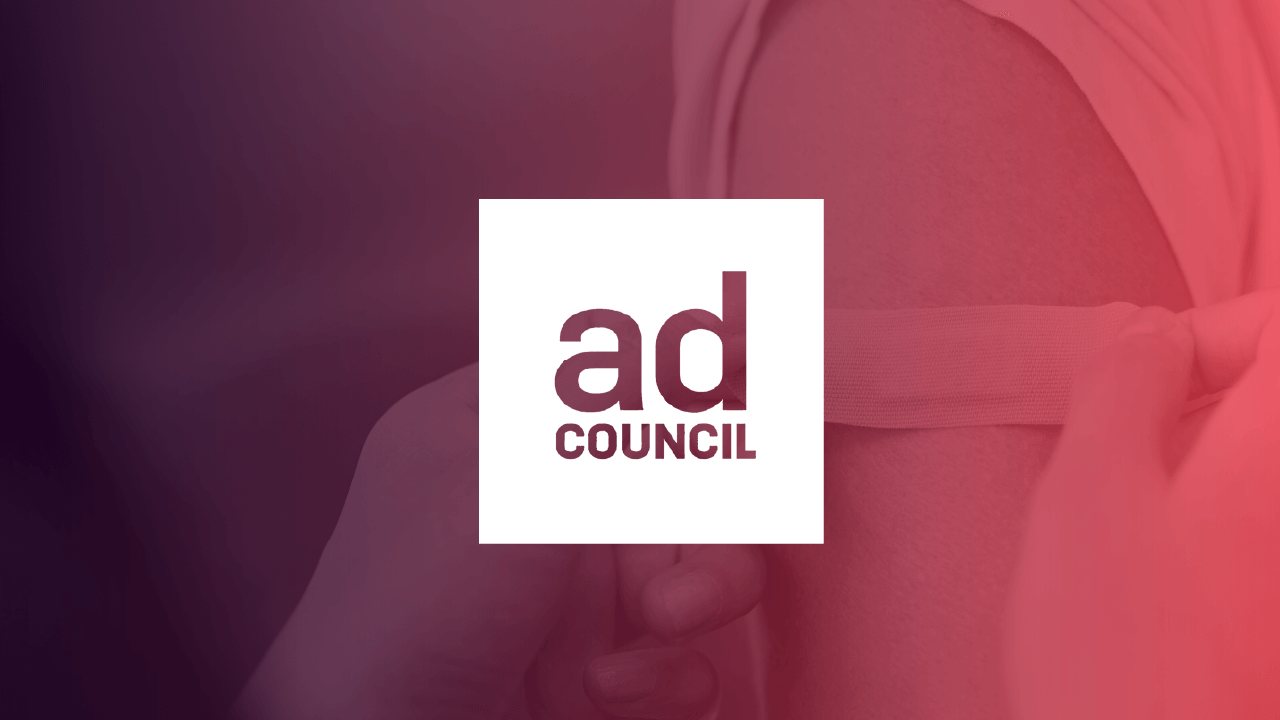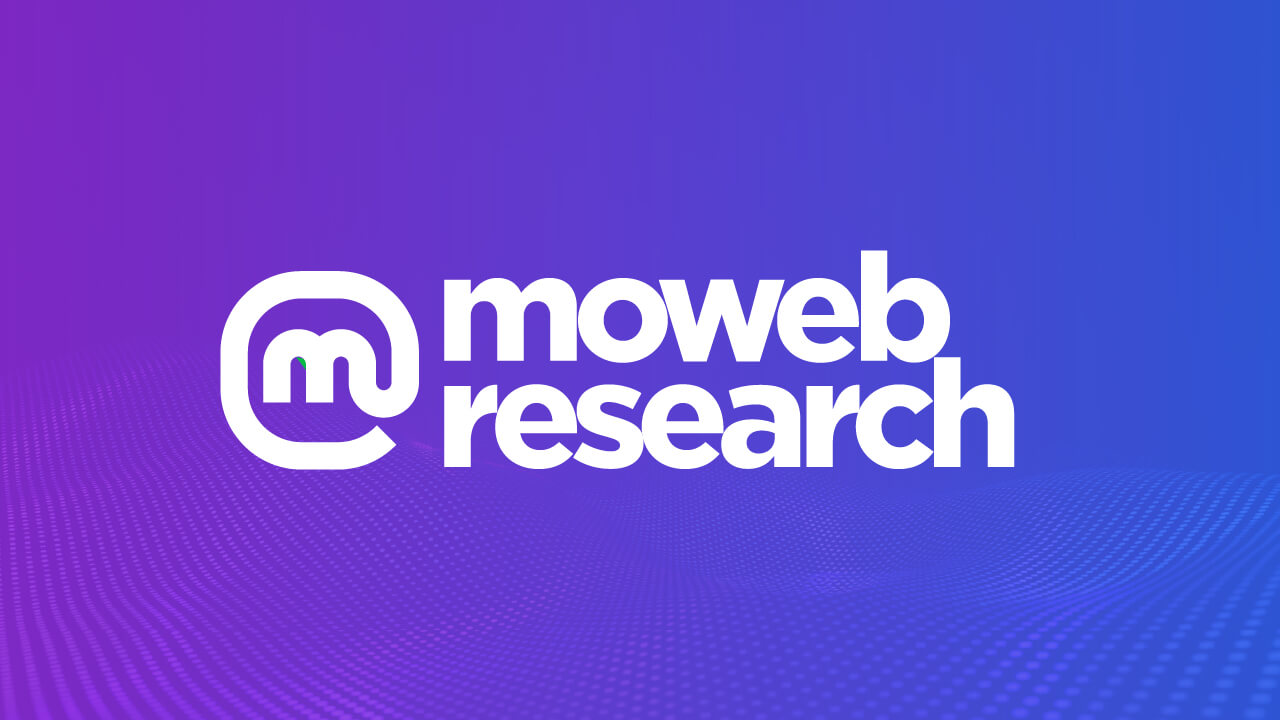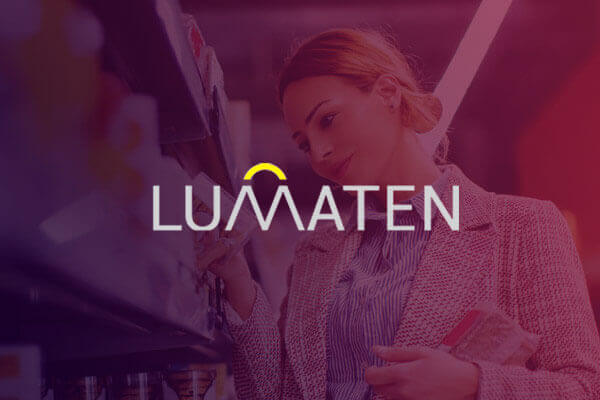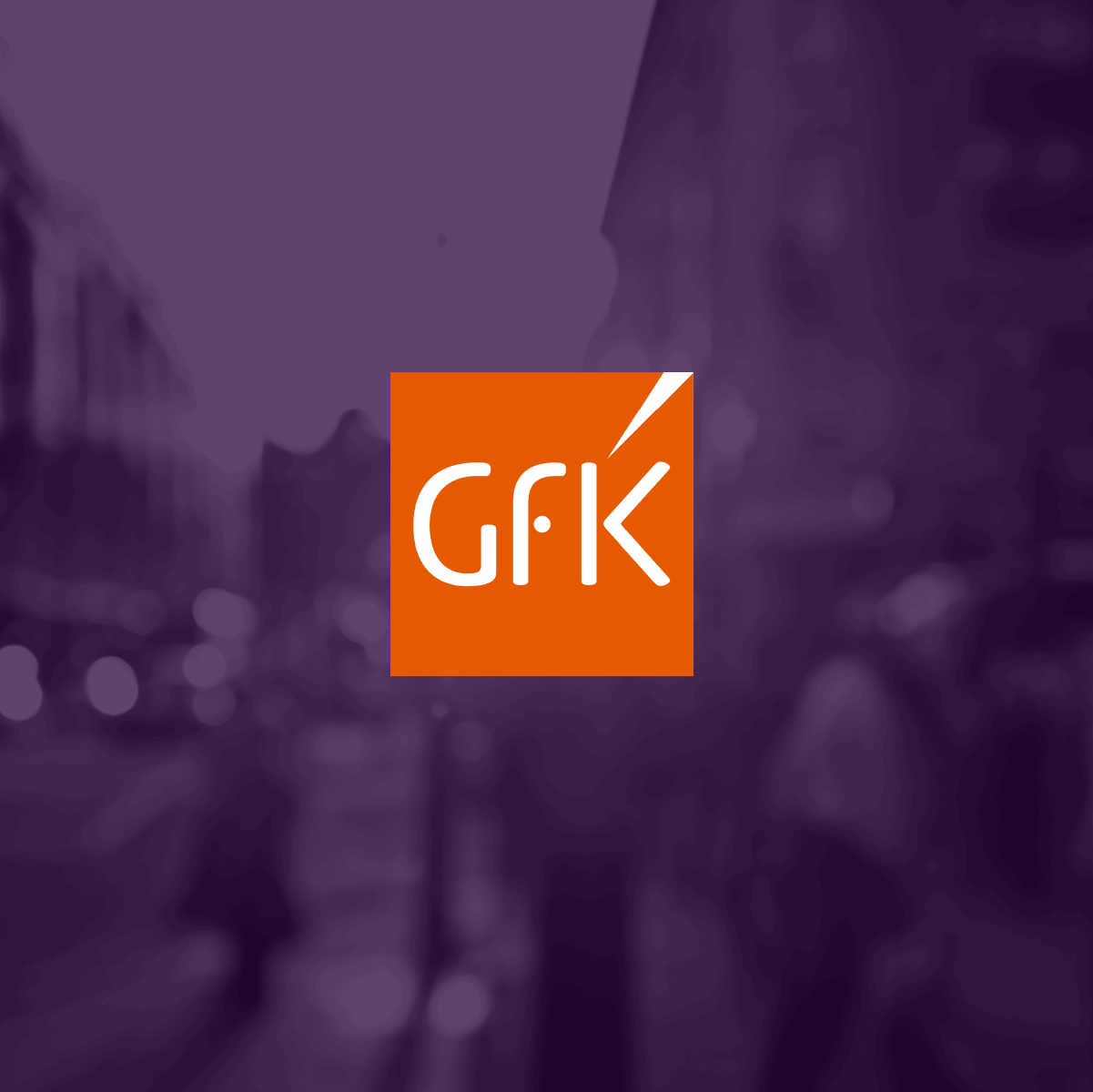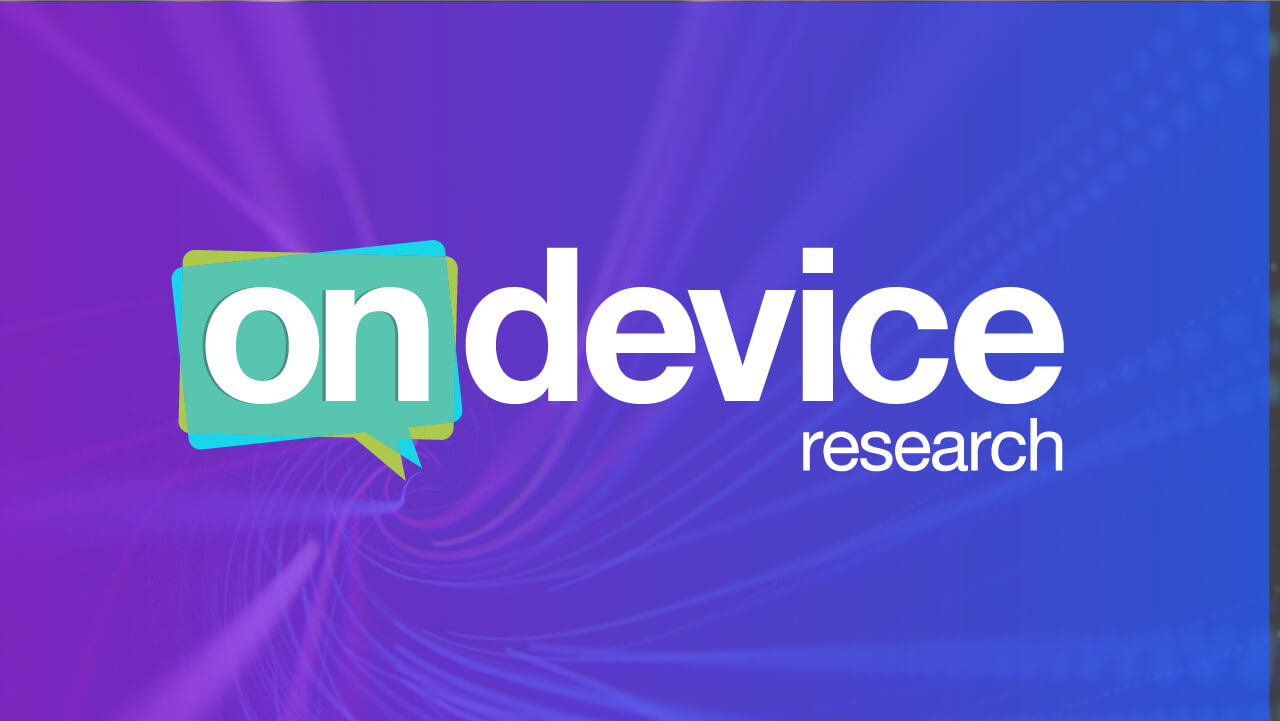The move toward a programmatic approach to sampling can feel overwhelming. But it is possible to optimise data collection supply and operations in order to facilitate faster delivery of insights and analytics while reducing costs at the same time.
Take GfK: As part of the transformation of its business, the company had identified an ambition to evolve towards a programmatic approach to sampling; thereby reducing manual management of project fieldwork.
It turned to Access Pro, Cint’s SaaS platform for sampling automation, and now benefits from universal access to supply; centralised control; improved data quality; and increased transparency and standardisation.
What’s more, it can now achieve complex sample configurations by combining sample from sources such as Cint’s Insight Exchange alongside a Private Marketplace of GfK’s strategic suppliers.
Access Pro provides GfK with a single user interface to manage sample and fieldwork operations. By eliminating manual bidding processes and the use of multiple applications for sample sourcing, project management, and invoicing, it can now check feasibility instantly and deploy projects at speed.
What’s more, thanks to Cint’s Insight Exchange – the world’s largest consumer network for digital survey-based research – this approach has led to a significant scale.
Cint also manages post-project supplier invoice reconciliation, providing a single invoice for maximum efficiency, whilst its platform standardises operating procedures across business regions, functions, and suppliers – eliminating the complexities of managing disparate systems and processes.
Thanks to both GfK’s and Cint’s market-leading, AI-based fraud detection tools and quality measures, too, teams can focus on strategy and drill into granular data points on any projects running via the Cint platform.
The benefits of a more centralised and efficient approach for sampling are clear: large-scale time savings and better outcomes for customers.
Indeed, GfK has seen reduced data collection costs as a result of working with suppliers in a more programmatic way, alongside faster project setup and delivery.
Meanwhile, internal teams have been able to focus on value-added tasks for customers as opposed to manual, repetitive jobs.
The focus now is on data and insights innovation – whilst continuing to revolutionise the market research industry’s real-time access to critical knowledge; something both of these companies excel at.
Read the full case study here.

